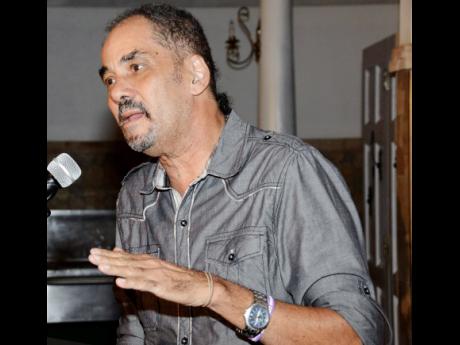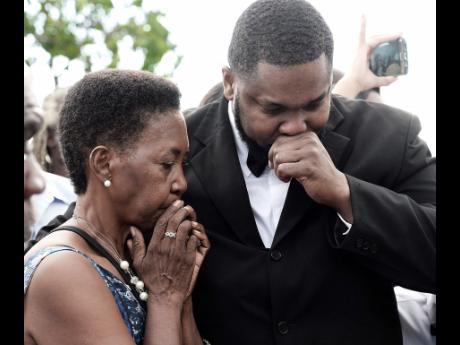No will, no way - Superstitious beliefs still deter artistes from making final preparations
"Obviously, entertainers should have a will. By having a will when you die, it helps with the seamless transition of property or for worldly possessions to be transferred to who you want it to be transferred to," said Frankie Campbell, chairman of the Jamaica Association of Vintage Artistes and Affiliates (JAVAA).
To date, there are many entertainers who have not considered preparing a last will and testament, and some have died leaving significant estates, among them Prince Buster, Dennis Brown and The Skatalites.
The Fab 5 bass player/manager says that it was not until 25 years ago that he recognised the importance of making a last will and testament.
"We were not being informed much before 20 years ago, but when we start to acquire things, it begins to dawn on you that it needs to go to the right person," Campbell told The Gleaner.
He continued: "Once you are over 50, you must start thinking you are getting closer to death. It is a natural thing in life. The point is that just like making long-term, midterm and short-term goals, a will is part of that."
Nonetheless, there are other reasons entertainers, and Jamaicans on a whole, avoid conversations focused on securing estates with a will.
"We are superstitious people," said Campbell, "The perception is that once you write a will, you writing your death sentence. I am horrified to find out that type of thinking still exists in 2018."
A source at the Administrator General's Department (AGD) told The Gleaner that superstitious beliefs do form part of the reaction of persons who do not wish to make a will.
PRIVATE MATTER
Persons seem comfortable with the Intestate Act, wherein a wife will receive 50 per cent and the children share the balance, even though the family structure in Jamaica may not lend itself for that method of asset distribution after death.
"It is a private matter, but find an executor, someone you can trust with your will. People are also fickle, but it is not binding. Change it once a year or as new children enter the family, instead of waiting until you are senile and have no control over signing a will," Campbell said.
Despite efforts to educate and encourage the public over the years to make a will, the AGD is still left with the task of managing estates of Jamaicans who die without a will and where minors are involved, which is a hefty number.
It was also explained that some persons are lackadaisical or because no asset exists to distribute, they think it is not necessary, but in some cases, an accidental death can result in the creation of assets.


